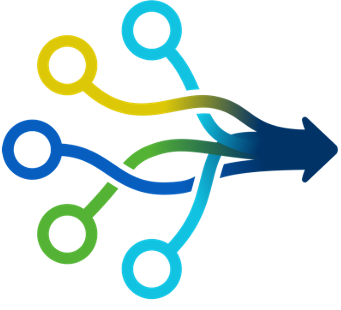What Are Use Cases and How Do They Add Value?
At the core of EHLC’s activities are the Use Case Working Groups. Use cases represent the need for a language solution that will enhance the findability, reuse, and/or interoperability of EHS data. The use case helps to scope what is necessary to address a real-world need.
How Are EHLC Use Cases Developed?
Individuals or groups from discipline-specific communities generate use cases based on research questions that are of interest to them. The use case is then broadcast to the larger community to gather others who are interested in working toward the identified goal.
Who Are Involved in EHLC Use Case Working Groups?
A use case working group is intended to be time-limited and comprised of self-selected community members, led by a “champion” who is a subject matter expert, that works collectively to produce deliverables that solve a specific problem. The EHLC use case groups are open, and community-driven. The use cases are a platform for cross-domain collaboration among researchers, system and tool developers, regulators, ontologists, public health officials, among others. Everyone is welcome to join and get involved.
Current Use Case Working Groups
Biomarkers and Biological Processes of Exposure
Explore how harmonized language can help answer the question, “What are the biological processes and biomarkers associated with exposure and how do they relate to the potential for an adverse outcome associated with a given exposure?”
Data Discovery
Develop solutions toward identifying, connecting, and making use of environmental health science resources.
Data Harmonization
Address possibilities and barriers of using a harmonized language to combine data across independent research studies for pooled analyses.
Concluded Use Case Working Groups
Place-Based Exposures
Explored opportunities to integrate data from varied geographic locations and multiple studies to further understand how “place” or location influences health.



